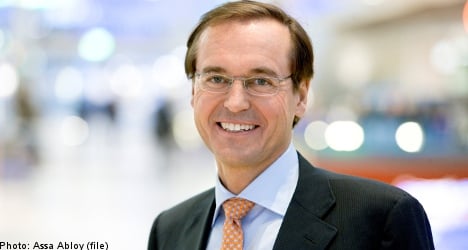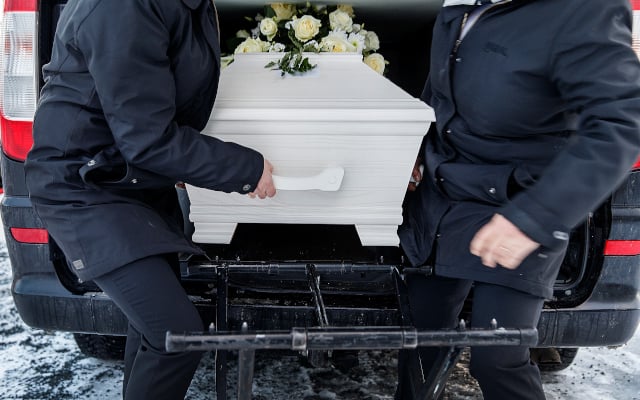Assa Abloy’s bid comprises an offer to buy 63.6 percent or 17.16 million of Cardo’s shares for 420 kronor apiece in cash, along with a separate proposal worth 4.1 billion kronor to purchase the remaining shares at the same price.
The offer represents a premium of about 57 percent compared to Cardo’s volume-weighted average share price of about 267 kronor over the last three months up to December 10th. Cardo’s board has recommended shareholders accept the proposal.
“Cardo is a strategic addition in our creation of a strong position within entrance automation and adds important competence, products and services, mainly within the area industrial doors in Europe,” said Assa Abloy CEO Johan Molin in a statement.
Analysts who spoke to Reuters regard the transaction as expensive.
“It depends on what one plans to do with things,” said Molin, who did not believe that he paid too much for Cardo.
The acceptance period for the offer is expected to commence on February 4th, 2011 and end on February 25th, 2011. Settlement is expected to commence on March 7th, 2011.
The acquisition and the takeover bid are subject to approval from the relevant competition authorities.
Among Cardo’s shareholders that have already agreed to the deal include financier Fredrik Lundberg’s company L E Lundbergföretagen. Lundbergs is selling 4.7 billion kronor worth of shares in Cardo, which will result a capital gain of 2.5 billion kronor for the company.
Molin has also confirmed the possibility of redundancies at Cardo. Assa Abloy has laid off a number of employees in the past in an effort to streamline operations.
“However, it will not be anything dramatic, I think,” said Molin.
Assa Abloy expects to generate significant synergies that will be fully realised within three years. Most of the synergies can be obtained even if Assa Abloy does not succeed in a complete buyout. Integration costs will be limited to 200 million kronor to 300 million kronor, the company said.
Cardo had sales of 8.8 billion last year and 5,600 employees, compared with 35 billion and 29,400 for Assa Abloy.





 Please whitelist us to continue reading.
Please whitelist us to continue reading.
Member comments